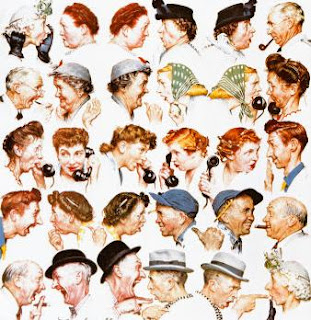Celebrating epic novels - the long view

The Guardian recently selected Richardson's Clarissa as No. 4 on its list of the Top 100 great Novels of all time. Are such lists a snap-shot of current reading habits. Perhaps the choice of this 984,870 word text from 1748 is pure nostalgia. In my view, however, it sometimes makes sense to spend the entire week on Clarissa , or Middlemarch , or Tom Jones , or Bleak House , or War and Peace ; at other times several sonnets command the same investment of spirit, intellect and emotion. Clearly the great epics also repay re-reading, or at least selective re-sampling, of favourite passages and turning points. With regard to Clarissa , the reading process is an ordeal, a pleasure, and a discipline (rather like Foucault on sex). Reading an abridged version is perhaps like the difference between a one night stand and a longterm relationship... It's a different question how well these longer novels function academically in an over-crowded superfast highwa

